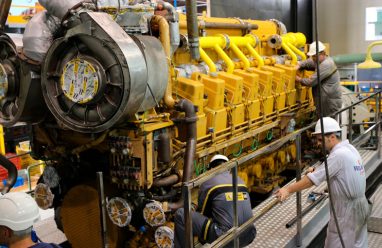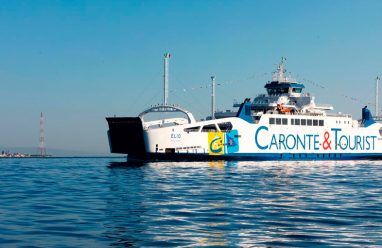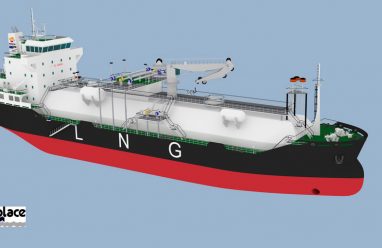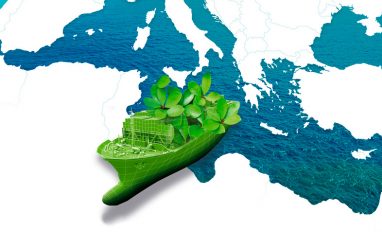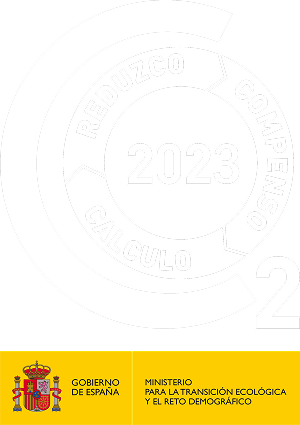The aim of COSTA is to develop a strategic plan covering the main aspects (technical, regulatory, environmental, operational, etc.) that affect the future supply of LNG to merchant ships in the Mediterranean, Black Sea and the Atlantic coast (Portugal, including the archipelagos of the Azores and Madeira, and France). This strategic plan describes, in addition to the situation in 2012, two reference scenarios in 2020 and 2030 according to different technical, economic and social feasibility criteria for LNG bunkering. The strategic plan seeks to clearly identify the actions required to develop LNG bunkering to ships, as well as the related implementation deadlines, responsibilities and associated costs.
As part of this project, Fundación Valenciaport has developed the Med SSS-Lines database, which characterizes all the Short Sea Shipping (SSS) services starting from any core port of the Mediterranean, Black Sea or Portugal, as well as the fleet used in those services. The creation of this tool has enabled the quantification of the annual fuel consumption of each of the services included in the database, the determination of the investment requirements according to the type of vessel, and the estimation of the potential savings stemming from the use of LNG in three different forecast scenarios. Thus, for each combination of ship and service, it has been possible to identify the most financially attractive alternative for compliance with the Horizon 2020 emission regulations.
The aim of Fundación Valenciaport’s work has been to analyse which technology would offer the optimal solutions, in financial terms, to allow the shipowner to comply with environmental regulations on emissions. A financial feasibility analysis has been carried out for each of the vessels that are particularly affected by this regulation: 658 ships operating on SSS routes in 2012 calling at core European Union ports in the Mediterranean and the Black Sea, and in Portuguese waters. In addition, a cost-benefit analysis including externalities has been carried out.
The results of the analysis have been compiled in the publication “Feasibility of LNG as a Fuel for the Mediterranean SSS Fleet: Profitability, Facts and Figures“ which can be downloaded at the link below.



